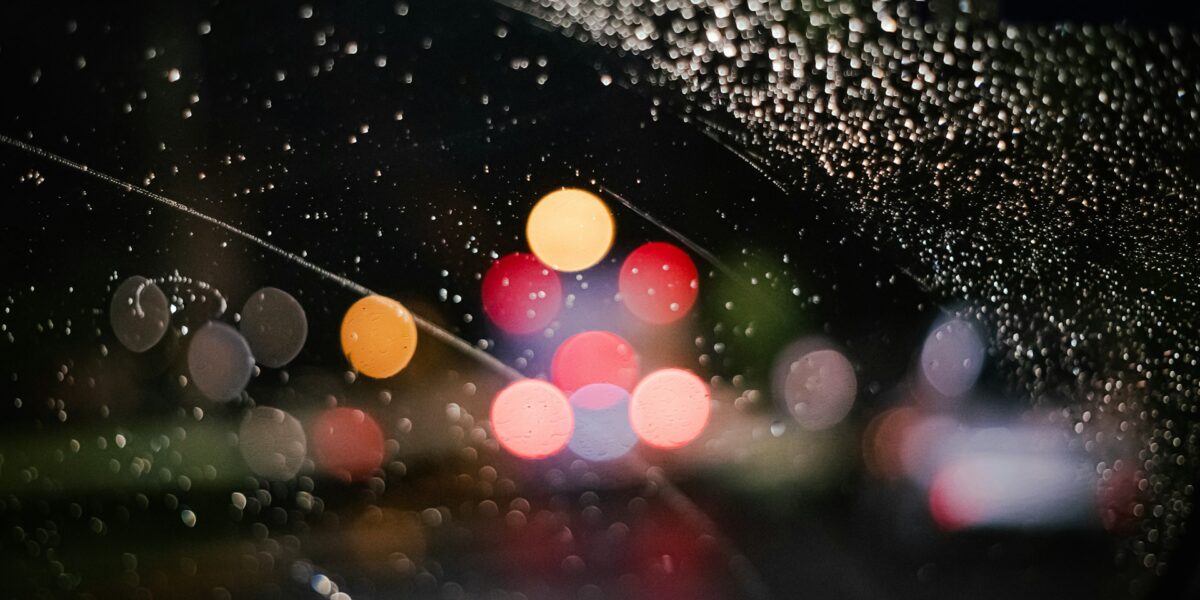Source: Intelligent Instructor

Changing Time
Is it time to stop the clocks going back for winter?
With the Clocks Go Back change looming this weekend, drivers across the UK are being warned to brace for darker evenings, increased collision risk and the visibility challenges that follow.
Winter and summer time (Daylight Saving Time) was introduced initially in Germany in 1916, and was soon introduced in Britain to conserve energy during World War I.
The goal was to maximise daylight hours for productive work, reducing the need for artificial light and saving resources like coal.
It has also been regarded as a safety concept, especially for those working or travelling early on dark winter mornings, but this safety benefit is now widely questioned.
It’s dark outside
Data from The AA shows that crashes in the fortnight after the clocks go back rose by 11% in 2023 compared with the fortnight before.
A separate five-year analysis by the dash-cam firm Nextbase revealed collisions between 5pm and 5.59pm jumped by 55% in the week following the autumn change.
According to a recent public survey, 73% of motorists cited being dazzled by the low sun as their biggest autumn driving worry.
In comparison, 52% said other drivers not using lights properly was a primary concern, and 40% identified darker mornings and evenings as the worst part of autumn motoring.
Why does the risk rise
The timing of the clock change means the evening rush hour shifts into dusk-and-dark conditions almost overnight — a change many drivers say they struggle to adapt to.
A study by the RAC Foundation found that in the two weeks after the autumn time switch, there were, on average, an extra 278 personal-injury collisions — nearly 20 more per day — compared with the two weeks before.
Poor lighting, low sun glare, slipperier roads, and driver fatigue are all cited factors.
As the AA noted, “When the clocks go back and the evenings draw in, crashes are more likely to happen.”
What motorists say
Drivers themselves are increasingly aware of the shifting risks.
The survey data above demonstrate that for many, information and visibility issues are top of mind.
To explore how these changes affect motorists, Tempcover Insurance surveyed 2,000 UK drivers about their confidence, worries, and driving habits in the dark.
As the clocks change, 45% of UK drivers say the darker evenings will affect their confidence while driving.
When asked about their concerns about driving at night, headlight glare from other cars topped the list (56%), followed by reduced visibility (47%) and poorly lit roads (44%).
Nearly one in six drivers (15%) also cited difficulty seeing due to eyesight issues in the dark.
Concerns About Driving in the Dark
|
Concerns About Driving in the Dark |
Percentage of Respondents |
|
Headlight glare from other cars |
56% |
|
Reduced visibility |
47% |
|
Poorly lit roads |
44% |
|
Driving in wintry nights / adverse weather conditions |
41% |
|
Concerns about other drivers’ behaviour |
32% |
|
Fear of hitting wildlife |
20% |
|
Feeling more tired in the evenings |
16% |
|
Difficulty seeing due to eyesight issues in the dark |
15% |
|
Fear of the dark |
10% |
The darker evenings aren’t just affecting confidence, they’re changing behaviour too.
Over one in three drivers (35%) admit to avoiding a journey specifically because it would involve driving in the dark.
Expert advice
Road-safety experts are encouraging drivers to take practical steps. T
The AA and Nextbase both emphasise simple checks: ensure headlamps are clean and working, reduce speed in glare or dusk conditions, keep windscreen and mirrors clear of mist or condensation, and adjust following distances.
Meanwhile, the RAC Foundation adds that drivers should revisit defensive driving techniques for the darker season ahead.
GEM Motoring Assist is concerned about the number of drivers taking to the roads with defective vision and is encouraging all motorists to have their eyes tested regularly.
They should also ensure they wear appropriate spectacles if necessary, or not drive at all if advised not to by an optician.
Wider debate
Beyond individual driver behaviour, these spikes in collisions renew calls for re-thinking the clock-change system altogether.
Research from the University of Surrey and others suggests that the shift to standard time in autumn contributes to more minor accidents in the evening, primarily due to reduced daylight rather than sleep-deprivation effects.
Some campaigners argue for a year-round move to one time zone to reduce risk.
As the clocks go back this Sunday, drivers are urged not to treat it simply as an extra hour in bed but as a wake-up call for the road.
With darker evenings upon us and collision rates rising, shifting your mindset — and your driving habits — could make the difference between a routine journey and a preventable crash.
Motorists should drive to conditions, stay alert, and if possible, avoid the peak dusk hour. With preparation and care, the seasonal transition can be managed safely.
